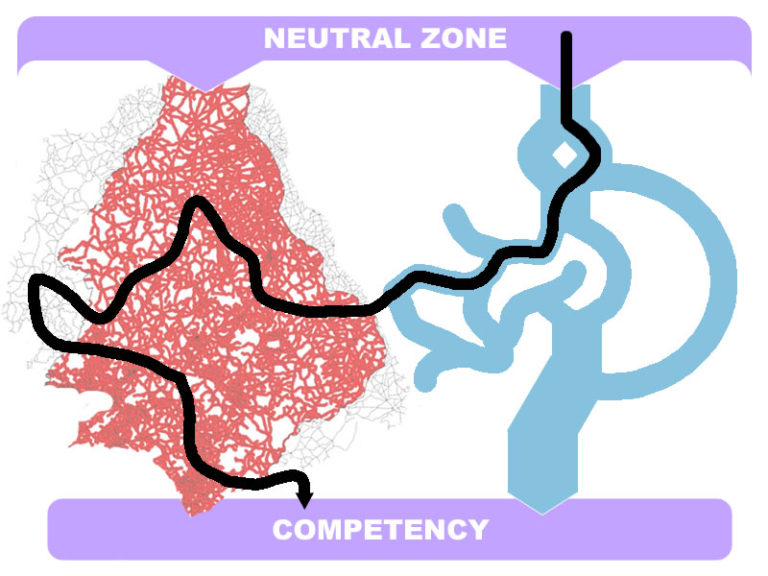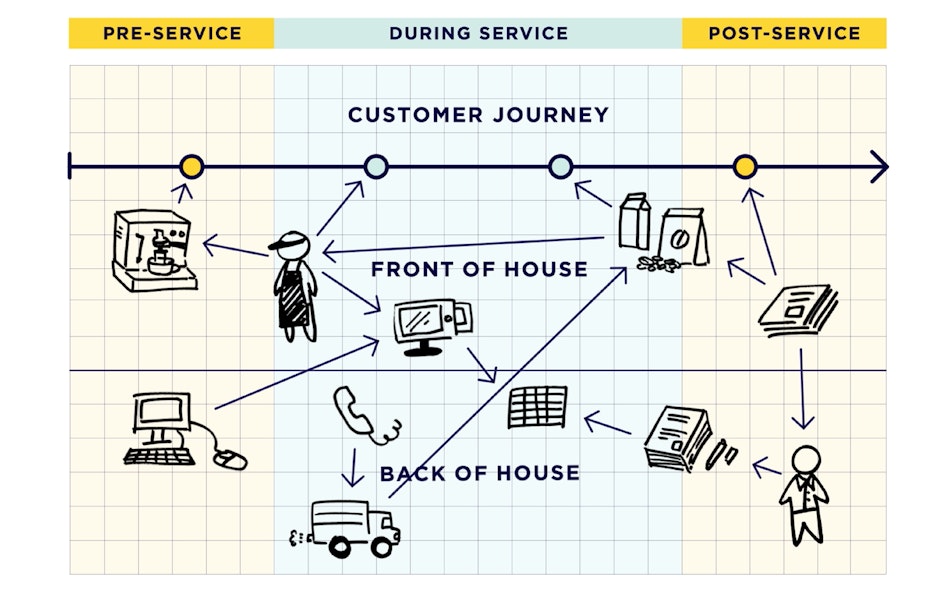If these tools are going to survive into the phase of what we should do with education technology, I believe they must be embedded in the everyday practice of the higher education institution.
Thinking here about the technologies that end up being used in everyday practices of teaching and learning, but live mostly outside the structure/sphere of influence of EDUs, for example, smart phones, ecommerce, or even the Internet itself. I'm thinking TMcC is also calling for thinking about how those are embedded in everyday practices of education and we should be thinking about what we should do with them as well.


